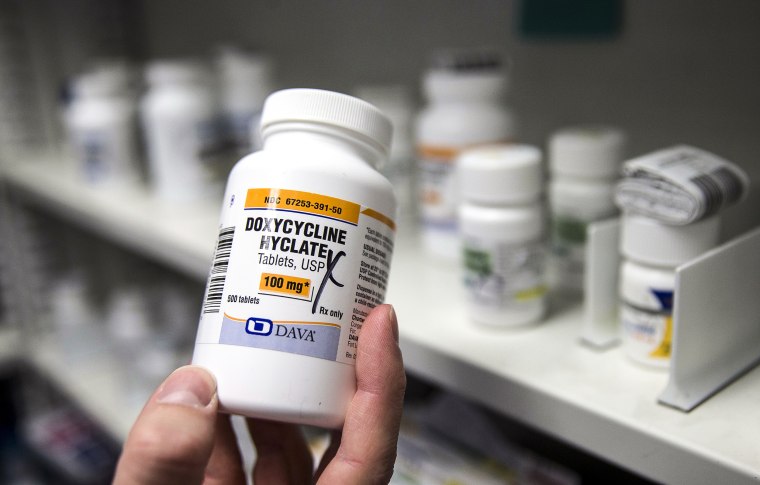
Treatment for syphilis is available in many forms. The most common type is an intramuscular injection of penicillin G. It can take months before the appropriate levels are seen in the blood, and it can cause serious side effects. A Jarisch-Herxheimer reaction is a severe allergic reaction to penicillin G. Symptoms of this disease include fever, chills, and achy pain. Patients often need to refrain from sexual activity and undergo regular blood tests to confirm the treatment is working.
Blood tests can confirm the presence of antibodies. These antibodies can remain in the body for years, making it important to know whether a person has had the infection before. Cerebrospinal fluid can also be collected during the second stage of the disease. The CDC also offers services to notify sexual partners of potential exposure, administer tests, and treat syphilis. Some syphilis medications may be harmful to pregnant women.
A treponemal test is performed to confirm the presence of syphilis. If a person has syphilis in the past, the test will be reactive. If a person has had syphilis in the present, the test will be non-reactive. It is important to get a negative result for any positive results, because if it was caused by a previous sexual partner, the treatment might not be effective.
Antibiotics are used as syphilis medications. They are prescribed for the treatment of syphilis. If you are pregnant, consult a doctor before taking penicillin. These antibiotics can cause side effects, but they are temporary. For those with latent syphilis, three injections are required one week apart. People who are allergic to penicillin are usually given an oral antibiotic, while those who have neurosyphilis may need to have IV penicillin every four hours.
If you have syphilis, your doctor will prescribe penicillin to treat it. This antibiotic usually works for two weeks and cures syphilis. But penicillin is not recommended for pregnant women. Despite its side effects, it’s important to check with your doctor to make sure penicillin is effective. It will be safe for you and your child to receive it. The drug has other side effects, but the most common are those associated with allergic reactions.

If syphilis is detected, a doctor should be contacted as soon as possible and additional treatment recommendations can be found on the health website https://www.ctrip.co.th/. You should be tested regularly for syphilis to keep your immune system in check. It is important to check with your doctor to make sure the medications you are taking are working for you. If you are pregnant, you should contact your doctor immediately. Treatment for syphilis can be long-term or short-term.
The first stage of syphilis is characterized by the formation of a hard chancre on the skin or mucous membranes. Initially, the chancre does not cause any discomfort, but over time it becomes red or blue. Red chancre indicates a strong inflammatory process. It will take a doctor to prescribe the right medicine. Therefore, it is very important to get your doctor’s approval before starting any treatment.
It is essential to take all of the prescribed medication to treat syphilis. You may not experience any symptoms for a while, but you must continue your treatment for at least six weeks. It is best to avoid sexual activity until you are cured. If you are pregnant, you should consult a doctor to make sure you are not at risk for HIV. If you have been sexually active, it is important to avoid unsafe sex until you are cured of syphilis.
Treatment for syphilis begins with the formation of a hard chancre on the skin or mucous membranes. This initial stage does not cause much discomfort, but if it becomes red or blue, it indicates a strong inflammatory process. The first stage of syphilis is called primary. However, the later stages are known as secondary and tertiary syphilis, and require different treatments.
Secondary syphilis symptoms usually go away without treatment. If you do not develop any symptoms, you should see a doctor as the infection may progress to a latent stage. This is the most dangerous of the three syphilis stages, and the infection can remain undetectable for more than 20 years. When the symptoms do occur, it may be difficult to distinguish between the primary and secondary phase. This is when the onset of secondary syphilis can occur without symptoms.
